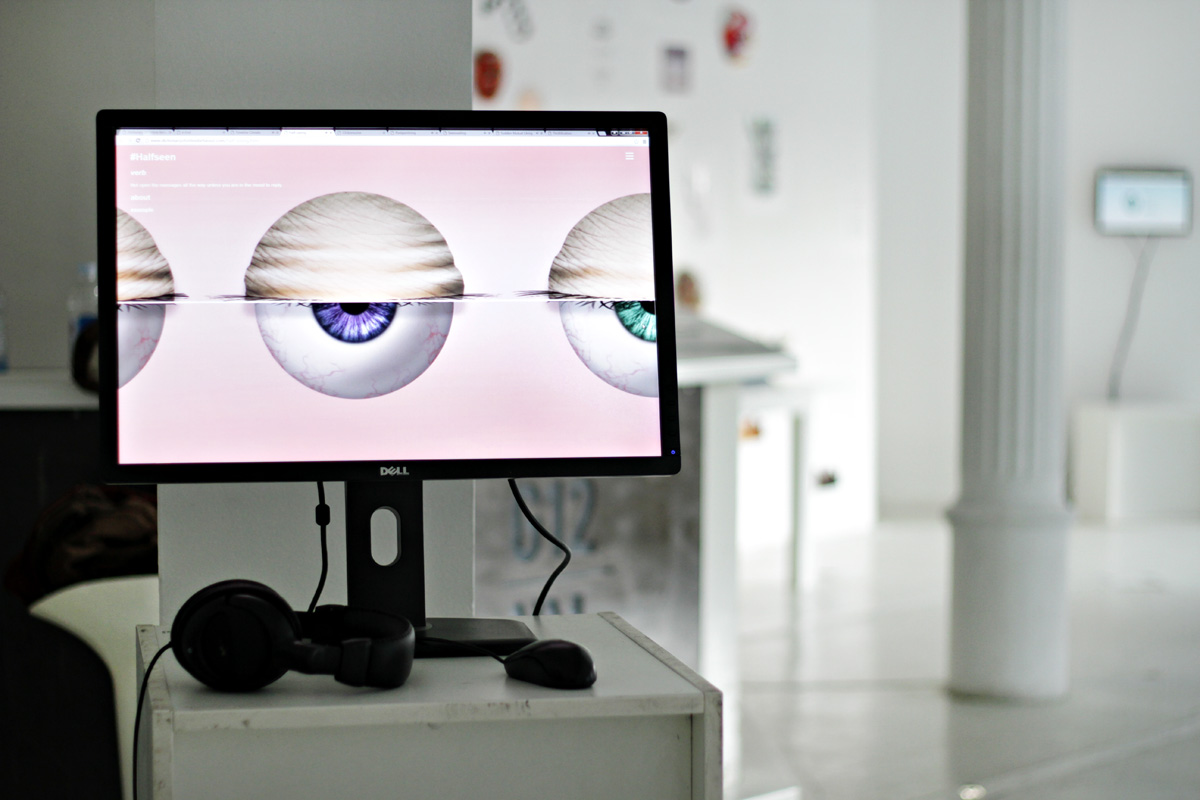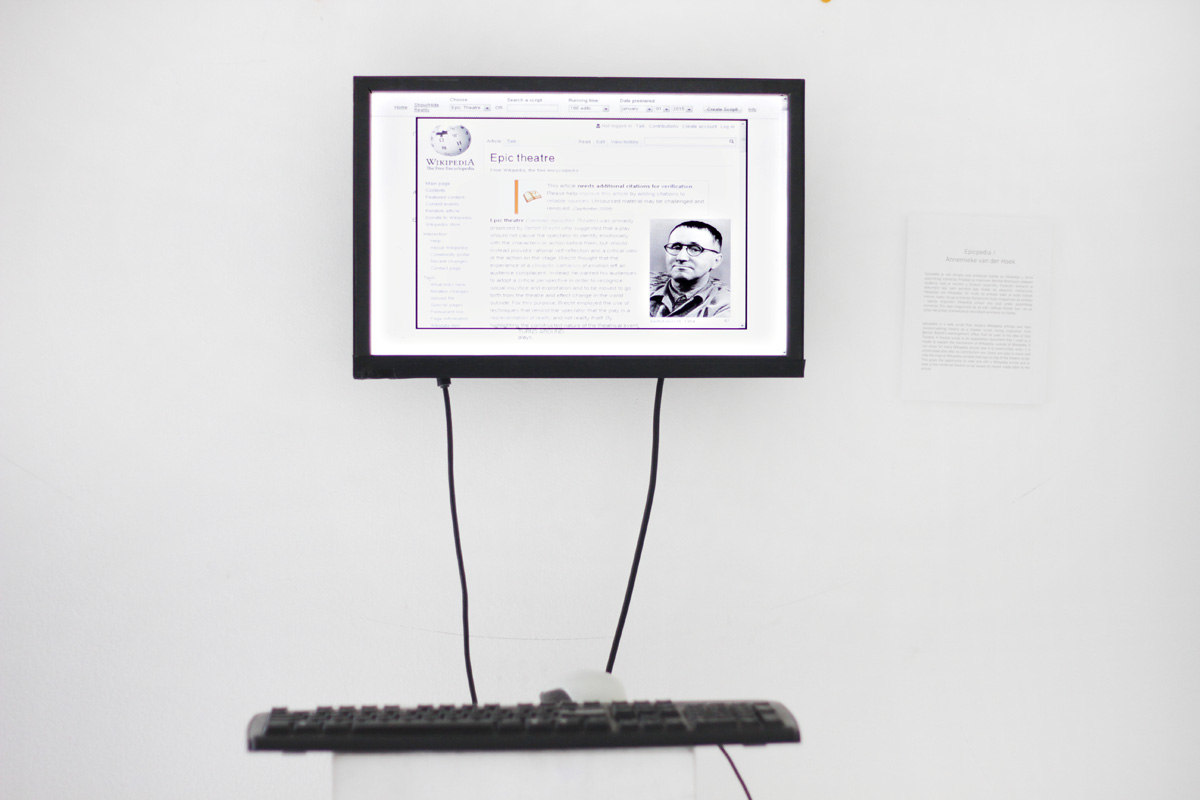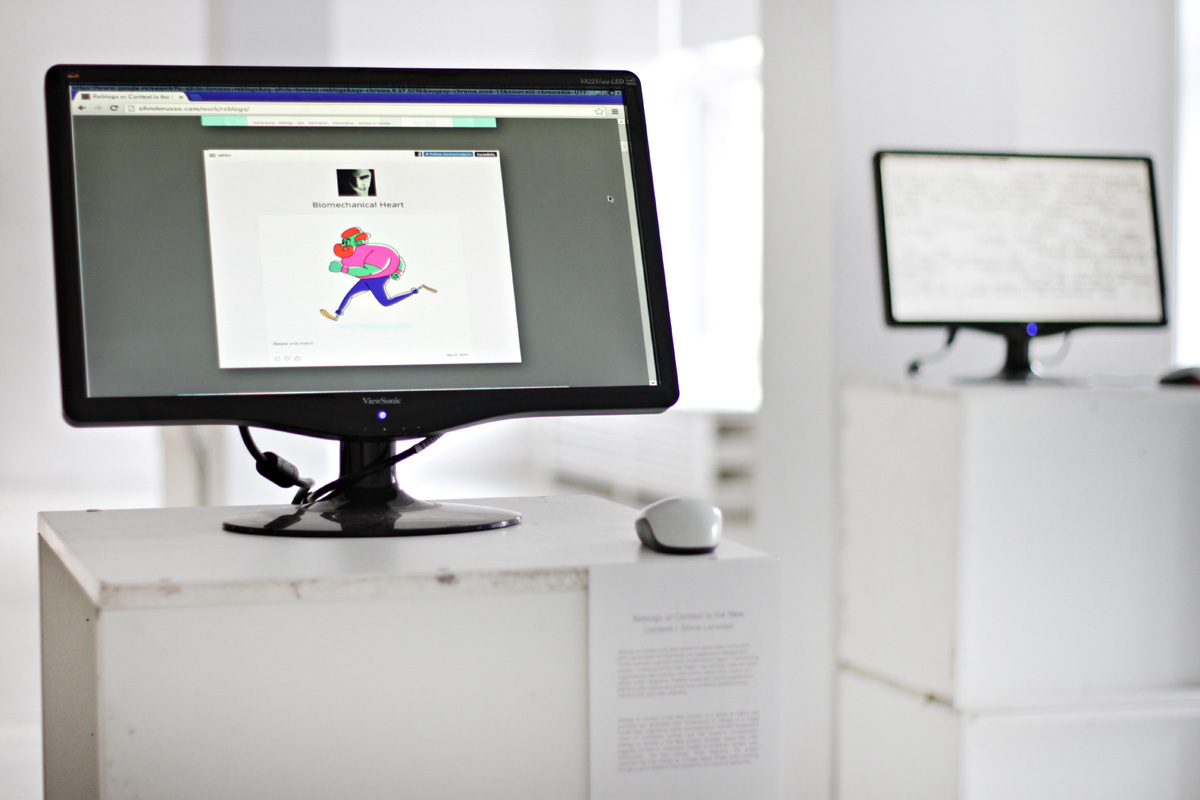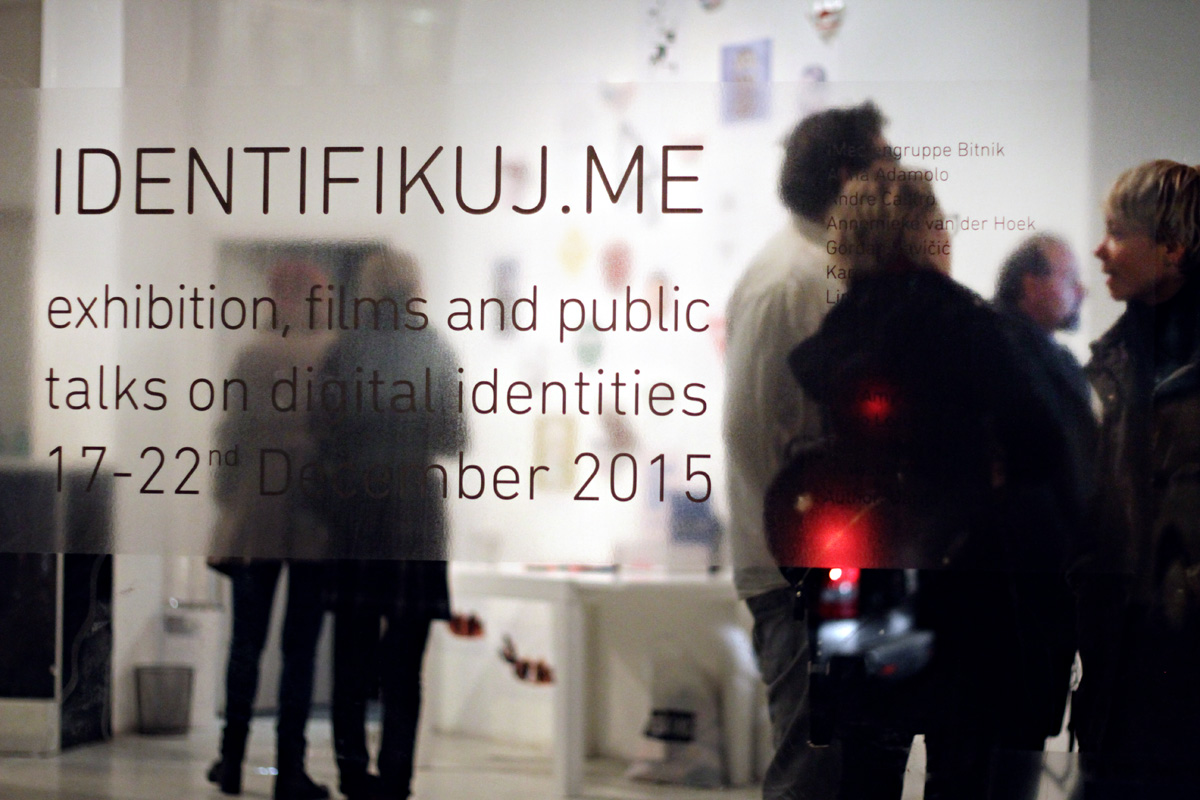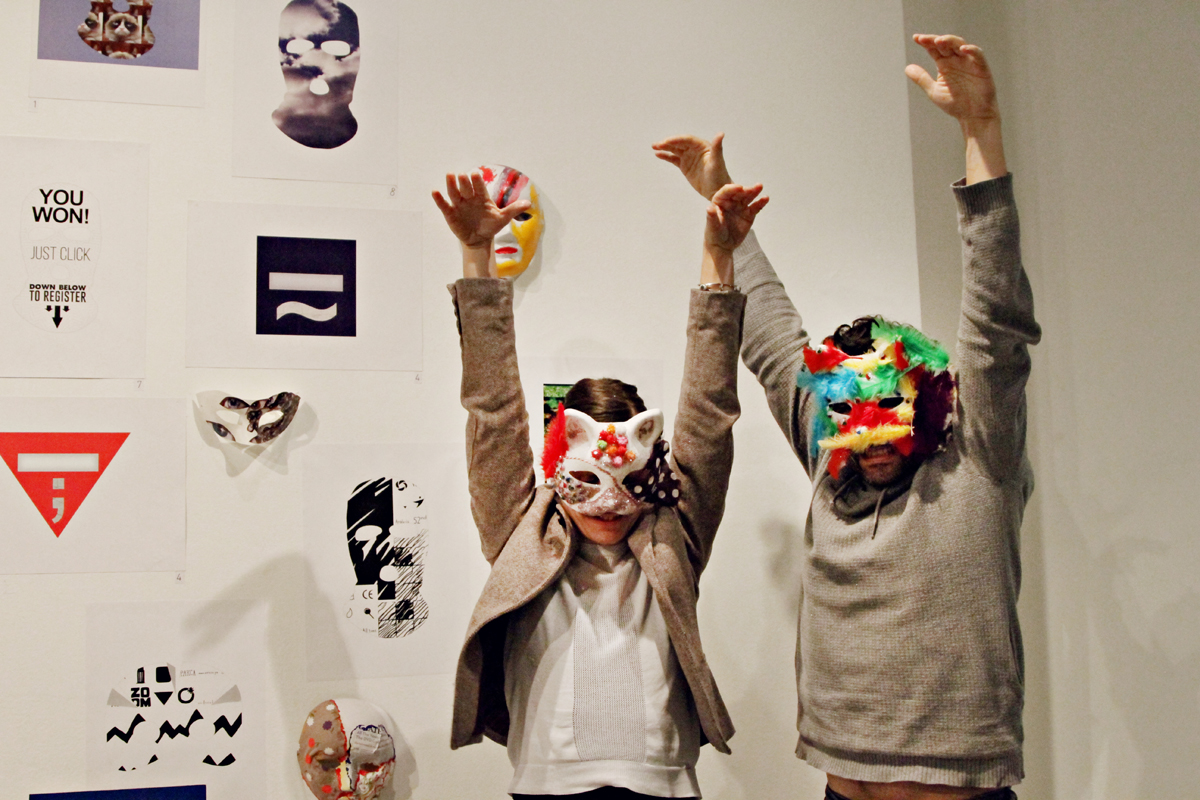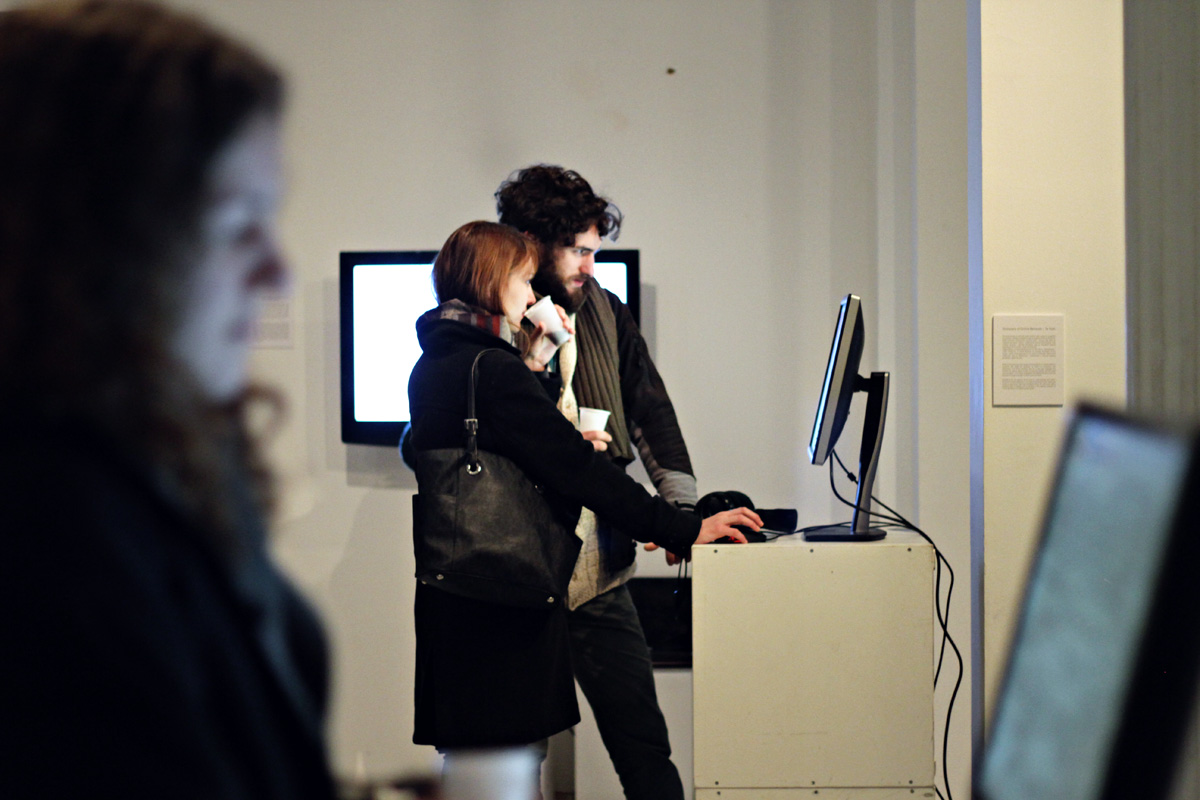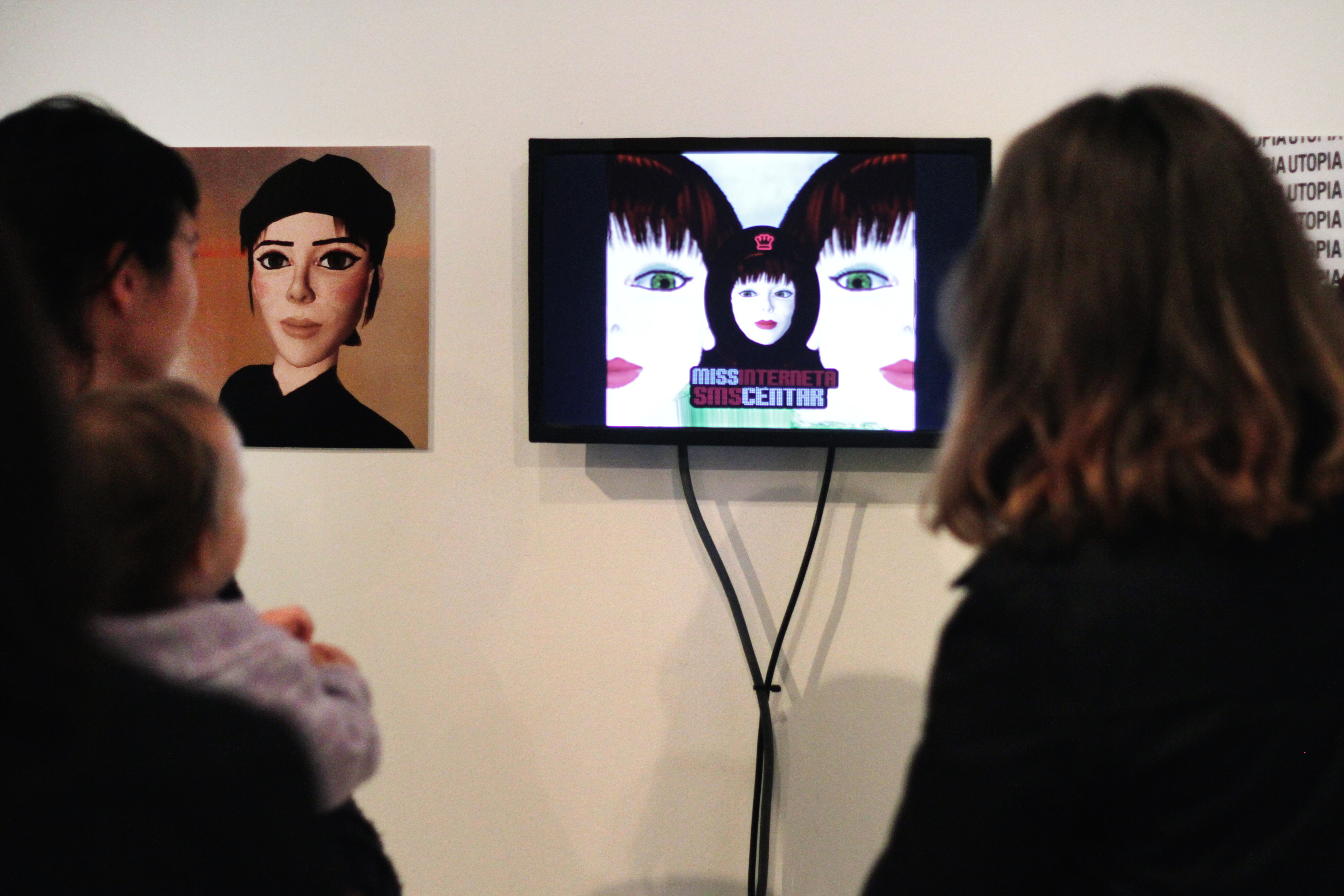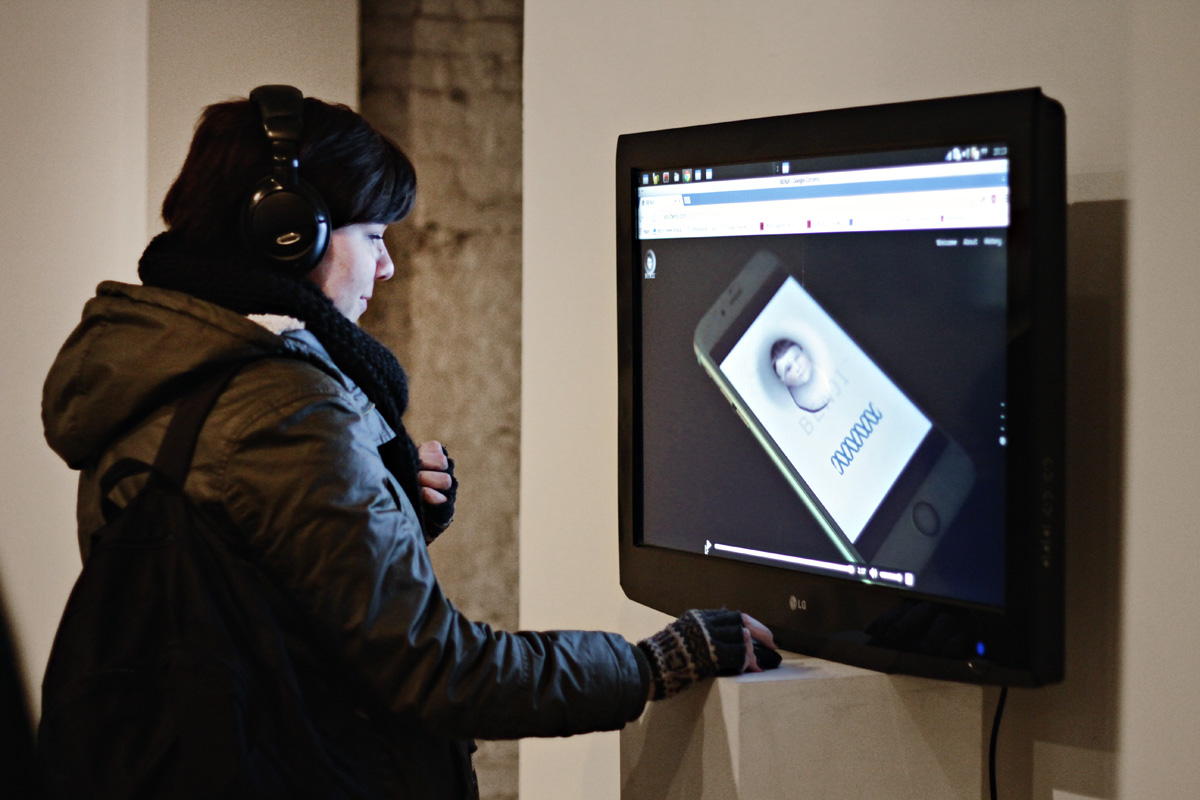Identify me
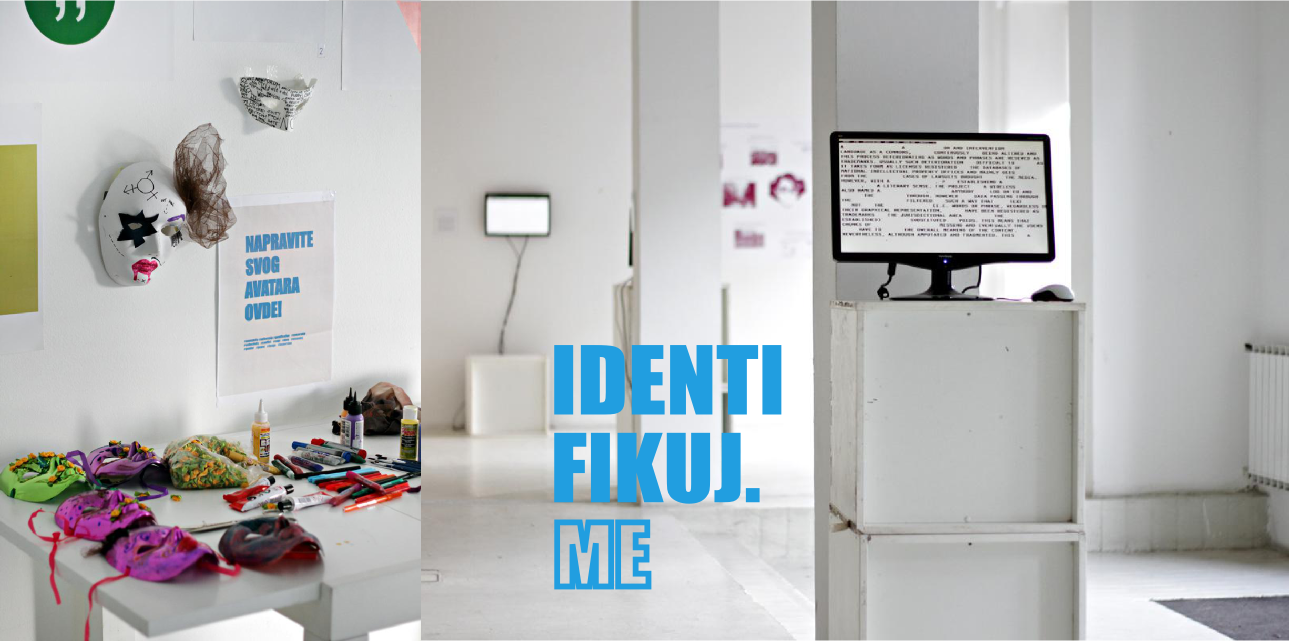
Performing identity is a question following the history of information-communication technologies, from the telegraph and telephone, to radio (Orson Welles and his War of the Worlds) and television (the presence of visual mass media-moving image), up to the world wide web and applications for data exchange. During the 90's, the Internet was labeled with a sentence “On the Internet no one knows if you're a dog”, reflecting on the possibilities of anonymity/obfuscating/freedom of expression that the new communication medium carried with it. Texts such as A rape in Cyberspace and Cyborg Manifesto offer us a picture which, in a media archeology sense, gives us a basis for understanding different streams of identity practices during the course of the world wide web. A certain technopositivism towards the role of social networks in mobilizing people during the Arab spring protests on the one hand, and the coming into existence of Wikileaks and various hacker groups offer us controversial information on the role of these networks in our daily lives. Identities born out of online culture such as Anonymous, talk about the need for obscuring one's identity in order to “act” in activism. With the commercialization of the world wide web, a market for online identities also fruitfully develops.

As the Internet fast forwards into every aspect of life, and a growing number of people have access to it on an everyday basis, with the development of ICT, the importance of documenting and archiving digital practices increases. The dynamics of expressing and experiencing personal and group identities with the advancement of technologies can only be understood when digital material becomes tangible and accessible, and the accessibility of data varies over time and service, becoming an increasing issue within Internet governance debates and laws. The project Identifikuj me collects the experience and works of different social science, art, technology an activism individuals and collectives into an interdisciplinary exhibition, publication and discussion, with the intent of publicly opening these questions from diverse contexts, historic as well as contemporary, and shed light on identity and privacy challenges, borders and shapes in the technological society of today. Spaces of identity practices will include topics such as anonymity as identity, offering potential for collectivity, which in return questions notions of authorship, cenzorship as forced identity, including various TOS policies, the question of personal data as identity in regards to privacy vs profit, conflict as identity, especially in the context of growing online misogyny, the technological aspect of gamifying personal identity practices and prosumption, as well as changing perceptions on hacker identities over time.
Identifikuj me was realized as a group interdisciplinary exhibition with a film program in Gallery 12 HUB in Belgrade, Serbia, film program and a public discussion, mapping out streams of thought in online identity practices.
With
!Mediengruppe Bitnik
Anna Adamolo
Andre Castro
Annemieke van der Hoek
Gordan Savičić
Kara Stone
Linda Hilfing
Marina Božić
Mihail Bakalov, Judith van der Made and Amy Suo Wu
Silvio Lorusso
Tatjana Vukelić
Te Yosh
Author: Darija Medić
The show was open from 17-23rd of Dec in G12HUB gallery, with one wall space designated for showcasing digital identity masks received through an open call, as well as created during BeFem festival 2015. In front of the wall space was a designated participatory working area for identity creation, open for visitors. Additionally, the exhibition featured a film program which functioned as a mini cinema, showing one film per day (the whole day continuously).
Schedule of the film program:
17.12. Worldbrain
18.12. Digital amnesia
19.12. BBC documentary Blurred Lines: The New Battle of the Sexes
21.12. The Internet's Own Boy
22.12. Citizenfour and Public talk by Edward Snowden
23.12. The story of the Technoviking
During the show, on 21.12. at 19h a public talk was organized on the topic of technological identities informed by society and social identities informed by technology with participants active in internet governance and law, activism and art (Vladimir Radunović- Diplo fondacija, Milica Gudović – Women at work, Kristijan Lukić- Napon institut)
This show was dedicated to Branislav Jovanović (Wikimedia Serbia, Hacklab Belgrade), a dedicated fighter for open knowledge who left this world too early.
The project was supported by Reconstruction woman's fund, in partnership with G12HUB gallery and BeFem festival.
